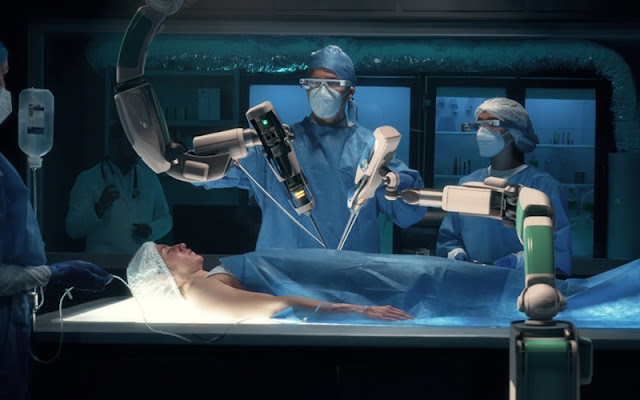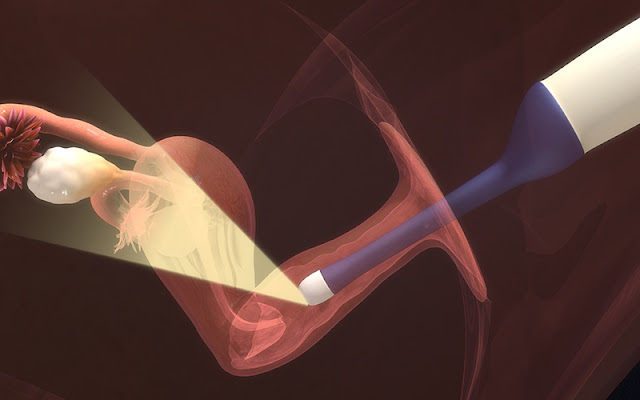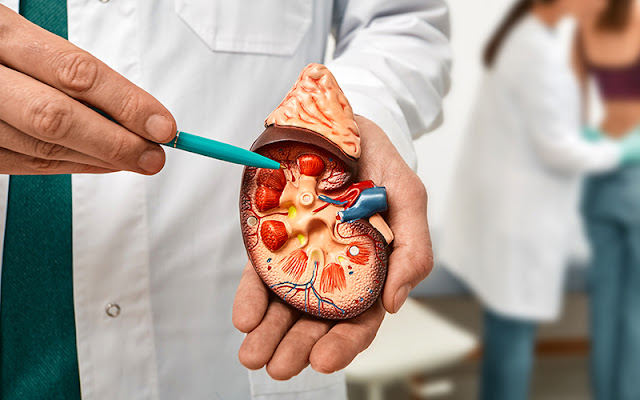Big relief for parents: 6 reasons why robotic surgery is a game-changer for children’s urological problems
We live in interesting times of advanced technologies. Who thought the plot of science fictions where machines operate on humans would be a reality one day! Recent years have witnessed significant advancements in surgical techniques, with robotic surgery emerging as a game-changer in the field.
Paediatric urology encompasses the diagnosis and treatment of urinary tract and genital disorders in children. Robotic-assisted procedures have revolutionized paediatric urology by offering enhanced precision, shorter hospital stays, reduced complications, and faster recovery times.
In this blog post, we will explore the benefits and applications of robotic paediatric urology surgery, highlighting its potential to improve outcomes and quality of life for young patients.
Precision and Enhanced Visualization:
Robotic surgery in paediatric urology provides surgeons with unparalleled precision and enhanced visualization. The robotic system offers a three-dimensional view with magnification, allowing surgeons to navigate intricate anatomical structures more accurately.
This precision is particularly valuable in delicate procedures such as reconstructive surgery or tumor removal, where maintaining tissue integrity is crucial for optimal outcomes. The robotic arms mimic the surgeon’s movements with improved dexterity, enabling precise suturing and minimizing the risk of complications.
Minimally Invasive Approach:
One of the key advantages of robotic surgery in paediatric urology is its minimally invasive nature. Traditional open surgeries require large incisions, leading to increased pain, scarring, and longer recovery periods.
In contrast, robotic-assisted procedures involve small incisions through which robotic instruments are inserted. This results in reduced trauma to the surrounding tissues, less postoperative pain, and faster healing. Minimally invasive approaches also lower the risk of infection and decrease the length of hospital stays, allowing children to return to their normal activities sooner.
Shorter Hospital Stays and Faster Recovery:
Robotic surgery has revolutionized paediatric urology by significantly reducing hospital stays and accelerating recovery times compared to traditional open surgeries. The smaller incisions cause less tissue trauma, leading to less pain and faster healing.
Children can resume their regular routines and activities more quickly, minimizing disruptions to their daily lives and allowing them to return to school and play sooner. This not only benefits the child but also lessens stress on parents and caregivers.
Reduced Complications:
Robot-assisted surgery has demonstrated a reduction in surgical complications compared to traditional approaches in paediatric urology. The high precision and improved visualization offered by the robotic system allow surgeons to navigate complex anatomical structures with greater accuracy, reducing the risk of inadvertent damage to surrounding tissues.
Additionally, the smaller incisions and minimally invasive approach contribute to a lower incidence of postoperative complications, such as wound infections and hernias. By minimizing the occurrence of complications, robotic surgery promotes better outcomes and enhances the overall safety of paediatric urological procedures.
Expanded Surgical Capabilities:
Robotic technology has expanded the surgical capabilities in paediatric urology, enabling complex procedures that were once challenging or impossible using traditional techniques.
For example, children who have conditions like PUJ Obstruction or vesicoureteral reflux need reconstructive surgery like pyeloplasty and ureteric reimplant respectively. The robots aid in precise tissue manipulation and suturing, resulting in improved functional and cosmetic outcomes i.e. less scar on body.
Similarly, the use of robotic surgery in urological cancer cases allows for more targeted and meticulous tumour removal while preserving healthy tissues.
Thus, the versatility of robotic systems opens doors for innovative approaches to complex paediatric urological conditions, providing new options for patients and surgeons alike.
Surgeon Experience:
As with any technological advancement, robotic paediatric urology surgery requires specialized training for surgeons to develop proficiency.
Some of experienced surgeons such as but not limited to Dr. Prasanna Venkatesh, a Sr. Consultant Pediatric Urologist are trained in robotic surgery. NU Hospitals is armed with urologists trained for children’s care. Also, NU Hospitals is one of the best urology hospitals in India and use advanced technologies making India a remarkable destination for urological care.




Comments
Post a Comment